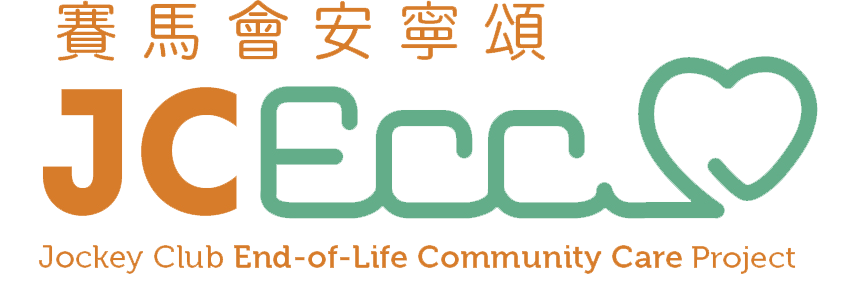
Evaluation on Volunteer Capacity Building

Beneficiaries
In the first three years (2016-2018) of JCECC project in Phase I, totally 278 applicants enrolled in the End-of-Life training courses held by Specific NGO (2016-2017) or by HKU (2018). Among these enrolled applicants, 201 of them successfully completed 80% of the course (completion rate 72.3%), and 194 completed the pre-post training evaluation.
Methodology
A pre-post-follow up study using quantitative structured questionnaire was designed to capture the outcomes and impacts of the volunteer training programme in the year of 2016 and refined in the year of 2018 for the core training courses evaluation. All volunteers would be assessed before training (T0), right after training (T1), and 6 months after completion of training (T2). The outcomes measured include knowledge, attitude, and competence in EoLC and will be assessed with a multi-dimensional EoLC competence measure developed by the Project team. Impacts include life satisfaction measured with Flourish scale, quality of life measured with body-mind-spiritual health scale, changes in caring behavior, and sustained EoLC knowledge and skills 6 months after training.
Achievements
- Volunteers’ overall EoL competences improved 20.3% when compared between baseline and post-training assessment, and the improvements for each dimension of EoL competences achieved statistical significance. All these effects were maintained at 6 months after training

- Volunteers’ overall competence in death work improved significantly at 2.4% when compared between baseline and six-month follow up assessment. Their emotional competence in death work also improved significantly between baseline and 6 months later after training

- Despite the highly emotionally demanding nature of EoL volunteer work, no adverse effects were found in volunteers’ meaning of life, BMS health, Self-care, and spiritual health from pre-training (T0) to up to 6 months post-training (T2)
Learnings in phase I and way forward in phase II
- Standardised and centralised core training courses (2018) were found effective in improving volunteers’ EoLC competences or in protecting volunteers from negative impacts on emotion and health during EoLC service
- Continuous support, effective management strategies, and further training was found necessary in maintaining training effects on EoLC competences and sustaining motivation
- In phase II project, volunteer elective training courses and volunteer leadership training courses will be developed respectively to strengthen volunteers’ skills in selected EoLC domains, prepare them to provide an expanded scope of services, and build a sustainable volunteer infrastructure and motivate active participation to support the growth of community-based EoLC.



